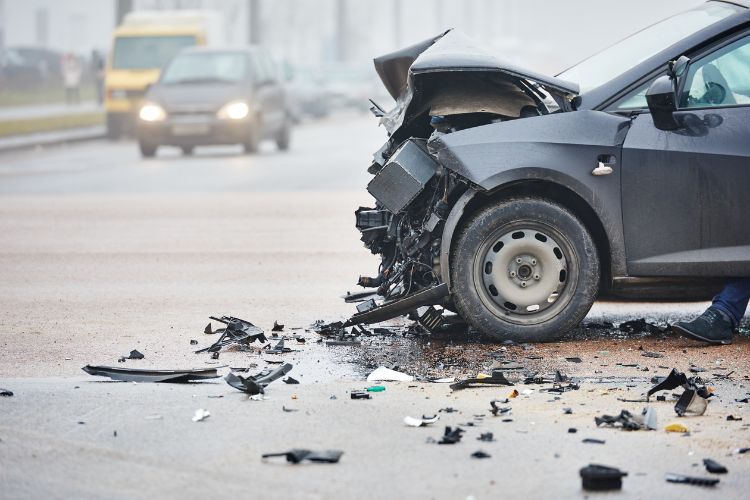An insurance write-off usually happens if your car has been in a road accident, although other events like flood, fire, wind, and storms can also be the cause of a vehicle being written-off.
Navigating through the process can be a stressful experience if you aren’t prepared. This guide will help break it down, explain how an insurance company will evaluate your vehicle after an accident, and what will happen next.
Why was my car written-off?
When your car is deemed a write-off by your insurance company, the damage might not seem that severe to you, but the damage may be structural which won’t be particularly visible. Another reason a car can be declared a write-off is if it has a low market value. In this case, it’s not worth going through the time and expense of repairs.
What is the write-off procedure?
After a car accident, the insurer will assess the damage to your vehicle. If they consider the cost of repairs to be uneconomical to repair – such as when the cost of repairs is high in relation to, or more than, the insured value of your car – then the vehicle will be declared a write-off.
How is a settlement figure determined?
The amount of money you still owe on your loan or finance agreement, including interest, is the settlement figure. This is determined by calculating the insured value of the vehicle based on the following:
- Comparing the trade, market or retail prices of similar vehicles
- The insurance cover you selected initially
- Mileage
- Condition of the vehicle
- Upgrades
You should ensure that this is an amount you’re satisfied with when taking out the policy as you won’t be able to dispute it afterwards.
If my car is written off can I keep it?
If your car is not financed and is a write-off, your insurer may allow you to keep it should you wish to. However, in this case, the car’s projected salvage value will be deducted from your pay out.
Important points to note after an accident
If you are involved in a collision, the first thing you need to do is turn on your hazard lights and:
- Record the date, time, and location of the accident.
- Note the make, model, and license plate numbers of all vehicles involved in the accident.
- Collect the personal details (name and ID number) of all drivers involved, including their insurance details.
- It’s helpful to get contact details of any witnesses at the scene too. This may help you in the future if there is ever a dispute.
- Contact your insurance company to get authorisation for the correct towing company. This is important or you may be liable for the cost of the towing and the subsequent storage costs of the vehicle
When you’re selecting the right insurance for you and your family, make sure you fully understand the different options available. Vehicle insurance from Budget offers four options, each one tailored to suit your unique needs.
Want more? Invest in our BetterCar Value option that comes with a host of extra benefits. If your car is written off or stolen, it will be replaced with a newer model with less mileage.
Dealing with insurance doesn’t have to be a chore; familiarising yourself with your policy will do away with unpleasant surprises.
The information contained in this document is for informational purposes only and does not constitute professional advice.








